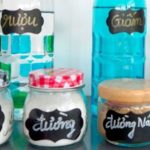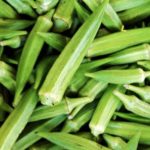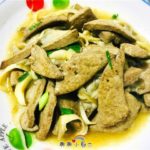Offal (green liver, stomach, liver, long string…) is a favorite dish of many Vietnamese people, especially men. Many families also often make this dish at home. But do you know why the offal they make outside is usually very white, not smelly, not bitter, and crunchy? In the offal plate, the green liver and stomach are the most difficult to cook because if you’re not skilled, they can be tough, dull in color, not white, and bitter… To make it delicious, follow the chef’s method (note the secret that restaurants often use and how you can decide to follow it or be more flexible)
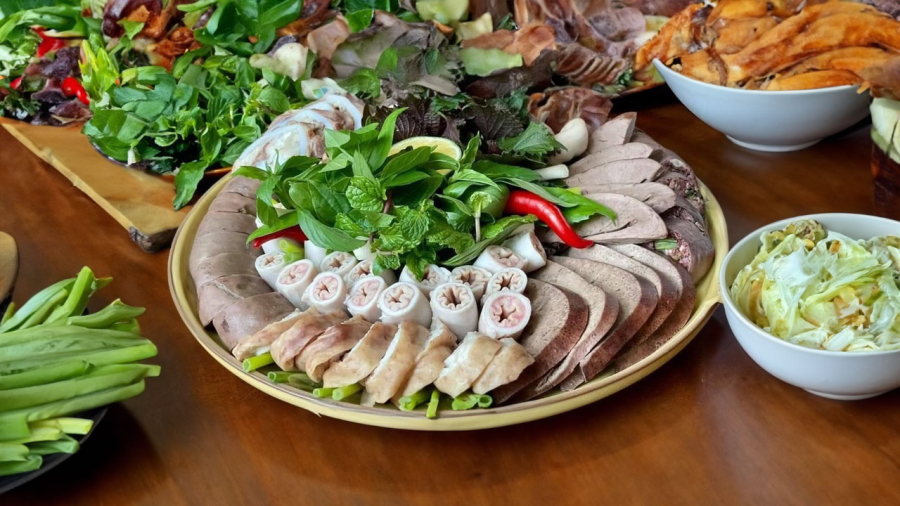
Choose good offal
First, you have to choose good offal to make the dish delicious. Good offal is thicker than thinner parts and it will be less tough. You should choose a part that is pale pink in color, the intestines are round and firm, the stem is small, the liquid inside is milky white, avoid choosing thin, flat parts, liquid inside is yellow because those parts are close to old offal and will be smelly and bitter. Choose a white stomach that is just right, without blood traces, not swollen, without lumps.
Correctly wash and prepare
A mistake that many people make when washing offal is that they are afraid of dirt, so they wash it too clean, making the offal thin and tough. Turn the offal and then use flour and salt to knead, then wash it clean. Use lemon or vinegar to wash it again. Wash the stomach in the same way.
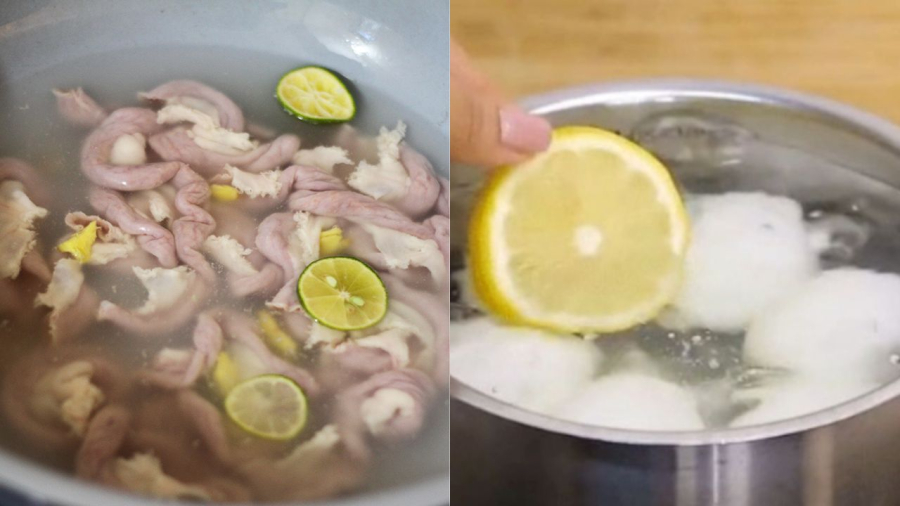
How to boil
Avoid boiling the offal from cold water. Boil water first, then add seasoning, and then put the offal in. Boil for 1-2 minutes and then remove it, do not boil for too long.
When removing it, immediately put the offal into a prepared cold water basin with citric acid and ice. Cold water makes the offal suddenly shrink, making it crisp, and citric acid helps the offal stay white, not smelly, and crunchier.
With the stomach, you need to boil it longer. You can apply the following method: Put the stomach in boiling water, boil it again, then remove it and immerse it in the ice water basin, then put the stomach back into the boiling water, boil it again, then remove it. The longer the stomach, the more times you need to repeat the process.
Note: Citric acid water: This is a secret that many restaurants apply to be fast, convenient, budget-friendly, and help the stomach crispier, whiter, and eliminate odor. However, when doing this method, you must grill the citric acid to reduce toxicity. Citric acid is an additive that many people use in food processing, such as making jams to help keep the jams crispy and preserve them longer. However, citric acid has a risk when used improperly that it will cause the body to accumulate aluminum (an element in citric acid) which can cause aluminum metal poisoning.
Therefore, in addition to using citric acid, you can use lemon diluted in cold water. Careful restaurants will use lemon, but using lemon will be more time-consuming and more expensive.
Therefore, at home, you should prioritize using lemon instead of citric acid.
The 3 most important tips for boiling offal
– Do not boil the offal too carefully, making it thin and tough
– Do not boil from cold water, boil from boiling water, the offal should only be cooked until it is just done, overcooking will make it tough.
– After boiling, put it immediately into the cold water with lemon.

























